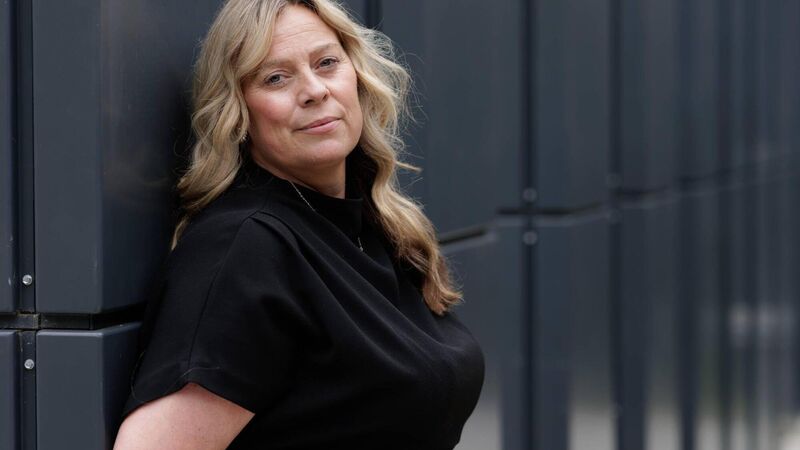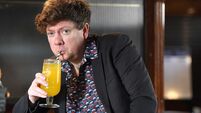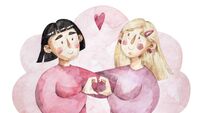Katriona O'Sullivan: 'Even in the darkest moments, there was so much brightness, too'

Katriona O'Sullivan. Picture: Bríd O'Donovan
One word. One syllable. No messing.
The title of this book says it all. On the front cover, a young girl climbs a brick wall.










